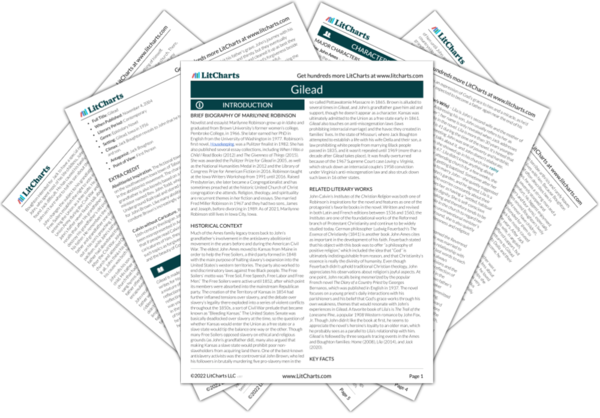Speaking to his son, John explains what he sees as the pitfalls of modern atheism. Basically, his point is that people either discount religion altogether or attack religious people as inauthentic. It’s true that nobody can perfectly live up to their faith, John says, but this modern objection isn’t a new observation (it’s everywhere in the Bible, after all). And what’s more, religious people’s failures are not sufficient grounds for claiming that there’s no truth to religion whatsoever.
